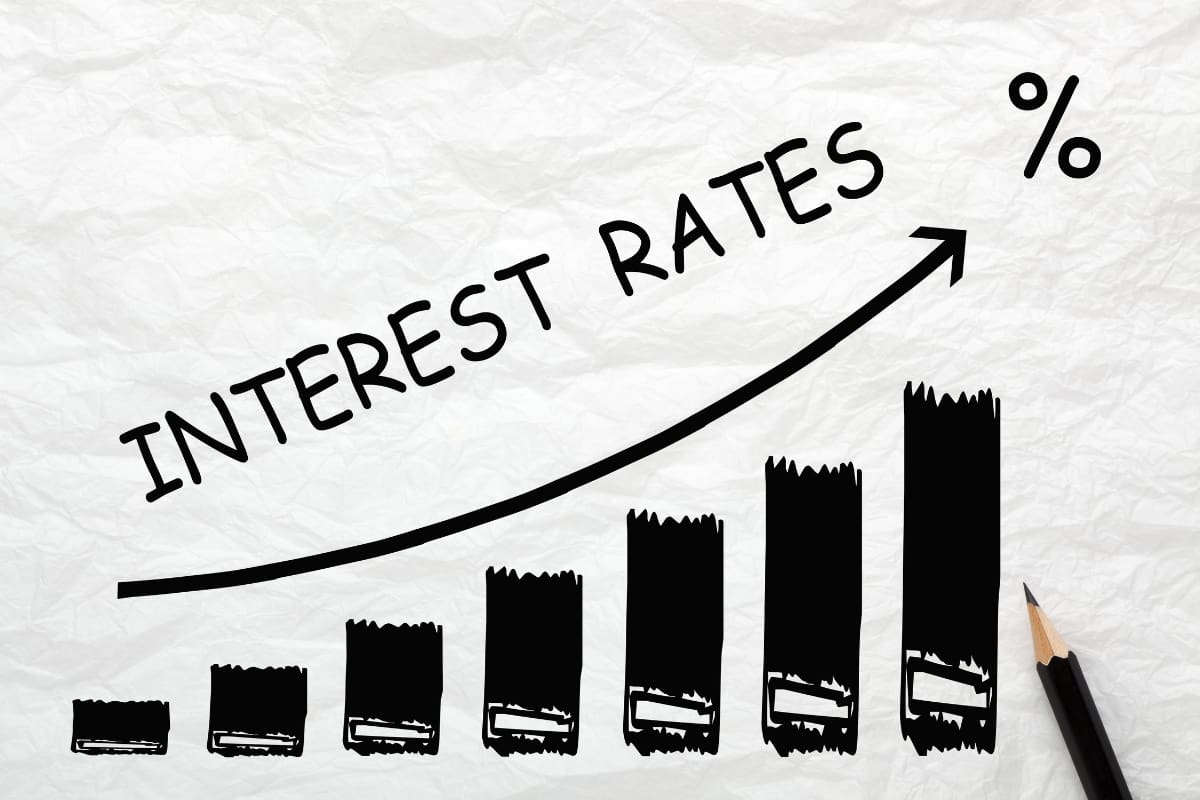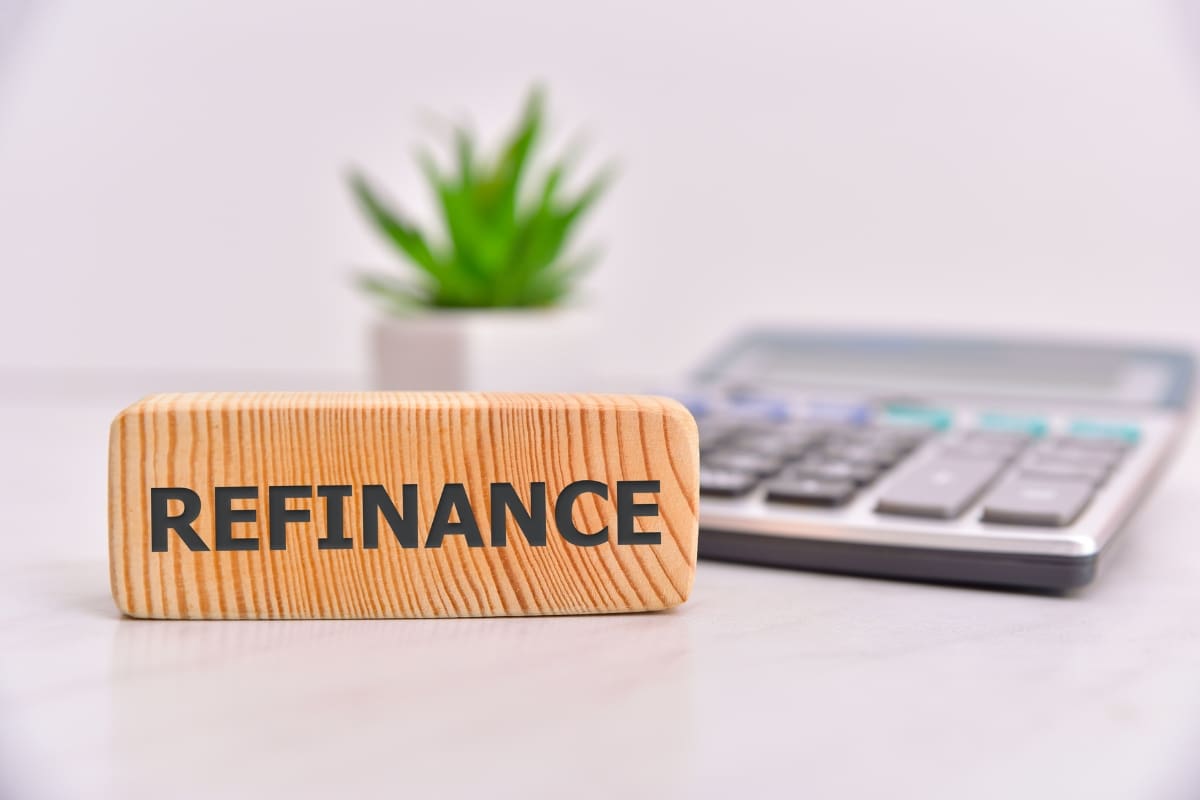Student loans are one of the biggest sources of debt in the United States. According to the Education Data Initiative, 43.2 million borrowers have federal student loan debt. The average federal student loan debt balance is $37,088, while the total average balance may be as high as $39,981. Many have balances that are much higher. These numbers may seem daunting, but what if we told you that there are ways to pay off your student loans faster?
Here are some strategies to help ease your burden of paying off your student loans.
#1: Start Paying Interest On Your Student Loans Immediately:
Interest is your worst enemy when it comes to student loans. Interest continues to build when you delay or lower your student loan payments each month. This is called capitalized interest. According to Credible.com, capitalized interest occurs after your loans come out of a deferment or when in forbearance. It can also happen if you’re on a monthly payment plan where interest isn’t covered. If you can afford to make payments now, at least towards your interest, consider paying interest now. This will be worth it in the long run, so you don’t have to end up paying more than you should.

#2: Look at Your Budget Then Set up Automatic Payments
If you don’t have a budget plan already in place, then create one right away. If you already have one, then your student loan debt monthly repayment plan should be part of it already. Sticking to your budget each month and being able to afford paying off student loans, means you could set automatic repayment towards your debt. So, while you’re keeping up a good pace in paying off your student loans, you are also not spending that student loan money accidentally since it will be coming out of your account automatically.
#3: Refinance Your Student Loan Debt
According to BankRate, student loan refinancing is the process of taking out a new loan to pay off your existing student loans. When you do this, you could qualify for a lower interest rate and a different repayment timeline. This is only available to you if you have a good credit history (preferably in the high 600s), stable income, and a debt-to-income ratio below 50%. Remember that refinancing student loans means that you won’t have access to student loan forgiveness or income-driven repayment plans. A financial advisor can help you determine whether you qualify for refinancing and if you should refinance.

Make student loan debt repayment a priority. If you can afford to make repayments, start now. Paying off your debt is a huge step that will put you closer to financial freedom!
If you need financial advice or a financial review, we would be happy to introduce you to a licensed advisor at our sister company, Asset Strategy Advisors (ASA). ASA is an SEC registered investment advisor. Contact us, or click HERE, to learn more.
